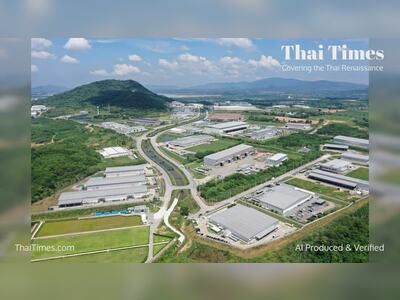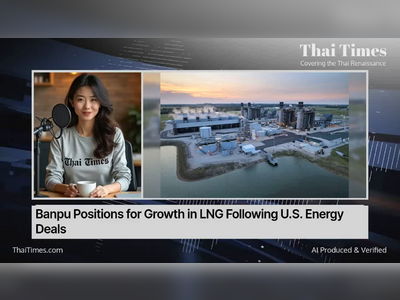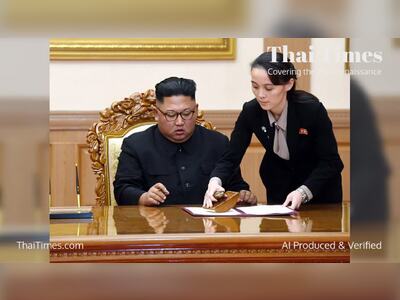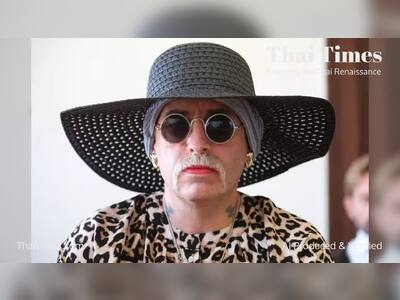Corporate leaders advocate for smart sustainability
Top executives are pressing companies to adopt sustainable practices, enhanced by AI, to navigate the evolving business world.
At a Prachachat Turakij seminar, CP Group CEO Suphachai Chearavanont outlined six global shifts from 2023 to 2030: inclusive finance, tech advancements and cybersecurity, climate action, economic divides, consumer trends like e-commerce and cryptocurrencies, and addressing the needs of an aging population. Insights from McKinsey and the World Economic Forum.
Additionally, the World Bank and UNICEF emphasize education, financial inclusion, digital connectivity, and life insurance as key to promoting equality. Suphachai noted the digital divide, with billions lacking banking services or personal computers.
For a society driven by AI and sustainability, digital skills, the right mindset, and strong ethics are essential. The IMF forecasts Thailand's GDP growth at 2.7% for the year, trailing India and ASEAN averages.
Despite Thailand's low GDP growth forecast for 2024 within ASEAN, the country improved in global competitiveness rankings, reaching 35th in 2023, up from 40th.
AI is shaping this new era, and to avoid problems like spam and cybercrime, ethical use of AI is critical. Thailand must foster a digitally skilled workforce, which currently stands at about 5 million or 10% of workers. With only 40,000 IT graduates each year, policies should promote computer education early to meet future high-tech demands.
Suphachai sees Thailand as a potential hub for various sectors, from food security to technology and finance.
Arthid Nanthawithaya, CEO of SCB X, observed that business evolution needs ongoing transformation. SCB X splits its operations into SCB's traditional business and SCB X's startup ventures. Startups, unencumbered by legacy, focus on innovation within an AI-centric data landscape, while SCB capitalizes on its established market presence and expertise.
Additionally, the World Bank and UNICEF emphasize education, financial inclusion, digital connectivity, and life insurance as key to promoting equality. Suphachai noted the digital divide, with billions lacking banking services or personal computers.
For a society driven by AI and sustainability, digital skills, the right mindset, and strong ethics are essential. The IMF forecasts Thailand's GDP growth at 2.7% for the year, trailing India and ASEAN averages.
Despite Thailand's low GDP growth forecast for 2024 within ASEAN, the country improved in global competitiveness rankings, reaching 35th in 2023, up from 40th.
AI is shaping this new era, and to avoid problems like spam and cybercrime, ethical use of AI is critical. Thailand must foster a digitally skilled workforce, which currently stands at about 5 million or 10% of workers. With only 40,000 IT graduates each year, policies should promote computer education early to meet future high-tech demands.
Suphachai sees Thailand as a potential hub for various sectors, from food security to technology and finance.
Arthid Nanthawithaya, CEO of SCB X, observed that business evolution needs ongoing transformation. SCB X splits its operations into SCB's traditional business and SCB X's startup ventures. Startups, unencumbered by legacy, focus on innovation within an AI-centric data landscape, while SCB capitalizes on its established market presence and expertise.











